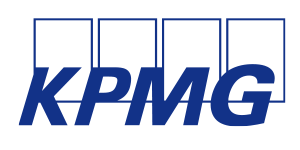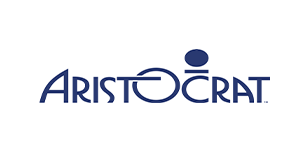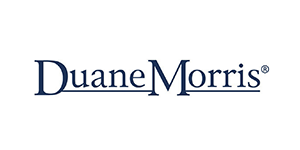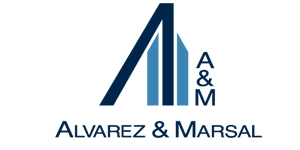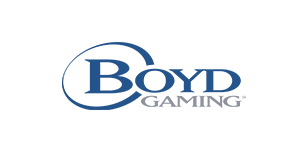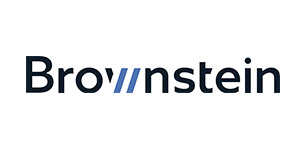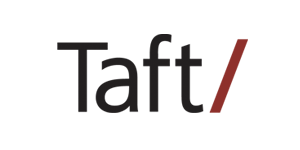Amendment To Macau’s Gaming Law – Public Consultation
Expert Insight provided by RUI PINTO PROENÇA, Managing Partner, HELENA KOK, Partner, RUI FILIPE OLIVEIRA, Partner, and CARLOS EDUARDO COELHO, Senior Associate, MdME Lawyers
The Macau SAR Government has announced that a public consultation process regarding the revision of the Special Administrative Region’s gaming law (Law 16/2001) (“Gaming Law”) will be launched today (September 15). The public consultation period will run until October 29, during which private citizens and industry stakeholders may submit their views and opinions regarding the proposed areas of amendment to the gaming law.The following are the key areas of potential amendment proposed by the consultation document:
- Review of the maximum number of gaming concessions to be granted (currently three) and disallowance of the granting of sub concessions (currently three).
- Review of the maximum term of the concession contracts (currently twenty years and up to five years of exceptional extension, in a total maximum of twenty-five years).
- Review of the legal requisites and restrictions imposed on concessionaires, through:
- Increase of the minimum share capital of a concessionaire (currently MOP200m or approx. USD25m).
- Increase of the minimum share capital mandatorily held by individuals that are permanent residents of Macau (currently 10% must be held by a Macau permanent resident being the managing director).
- Subject the distribution of dividends to shareholders to certain criteria to be specified and to prior authorization from the Government of Macau (no such restrictions currently exist).
- Determine the obligation of the concessionaires to implement local employment safeguards.
- Introduce the possibility of conducting suitability checks in respect of all employees of a concessionaire and of a gaming promoter, as well as of individuals or entities connected to them (currently suitability checks are conducted only to shareholders, group companies, officers and key casino employees).
- Appointment of a Government representative to each concessionaire (no such control is currently in place for concessionaires and subconcessionaires).
- Enhancement of the concessionaires’ role in fostering economic diversification and sustainable development, namely by promoting designated non-gaming elements.
- Enhancement of the concessionaire’s social responsibility, namely in the areas of SME and local industries support, professional development, pension schemes for employees, hiring of differently abled individuals, support to charities and to cultural, scientific and educational exchanges.
- Further definition of criminal and administrative liability of concessionaires and other industry stakeholders, through the introduction of:
- two additional types of actions or behaviors that qualify as criminal offences: (i) acceptance of deposits of cash or other assets against certain benefits; (ii) refusal of access or stay of the Macau Gaming Regulator “DICJ” (and other related) staff in premises subject to supervision of DICJ.
- a consolidated framework of sanctions applicable to the breach of regulatory obligations.
The key objectives of the future amendment to the Gaming Law, as stated in the consultation document, are the following:
- Define a clear path for the development of the gaming sector and for its intended scale.
- Reinforce the supervision and regulatory oversight over concessionaires and gaming promoters.
- Define the non-gaming and social responsibility obligations of the concessionaires.
Although the document is clear in stating that there will be a public tender to award new gaming concessions, there is no reference as to when the new law is intended to be enacted and when such tender may take place.
|

